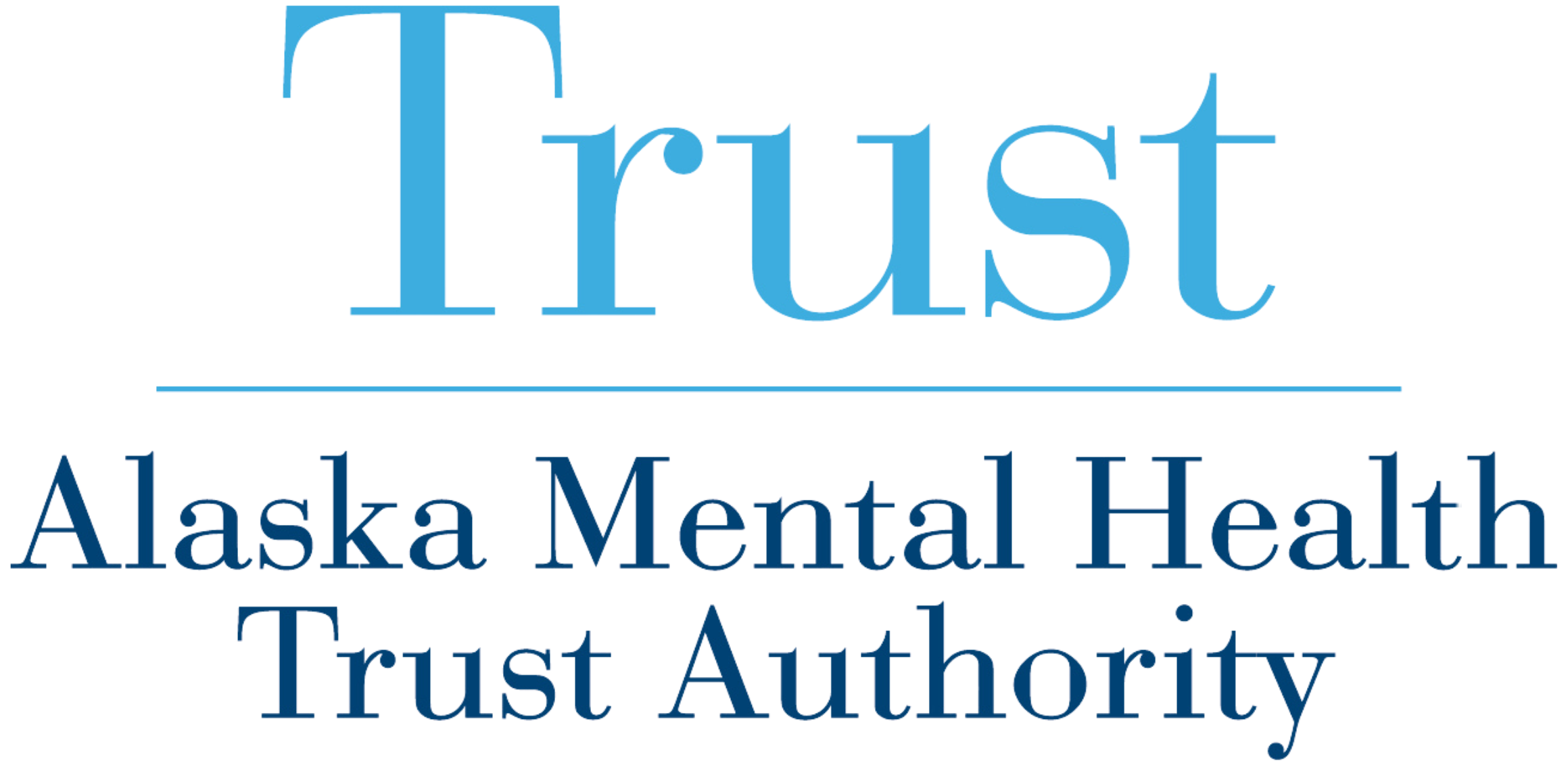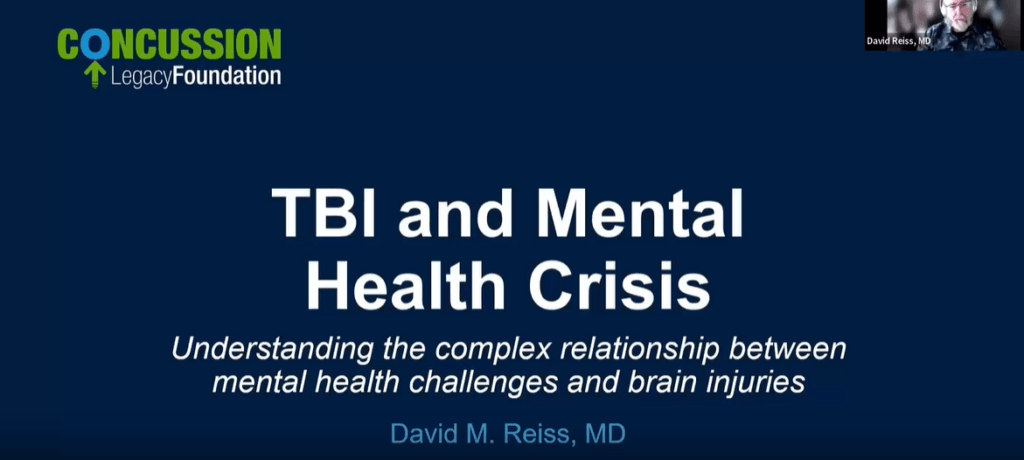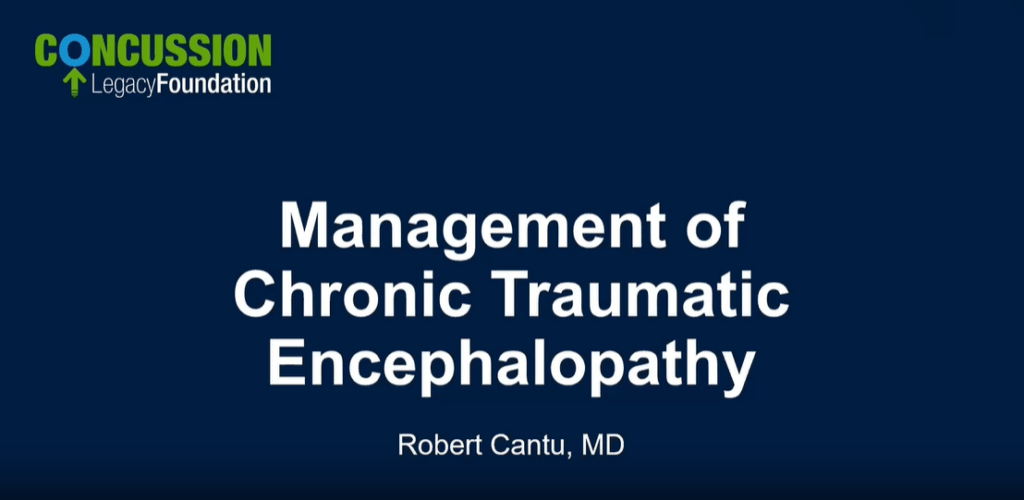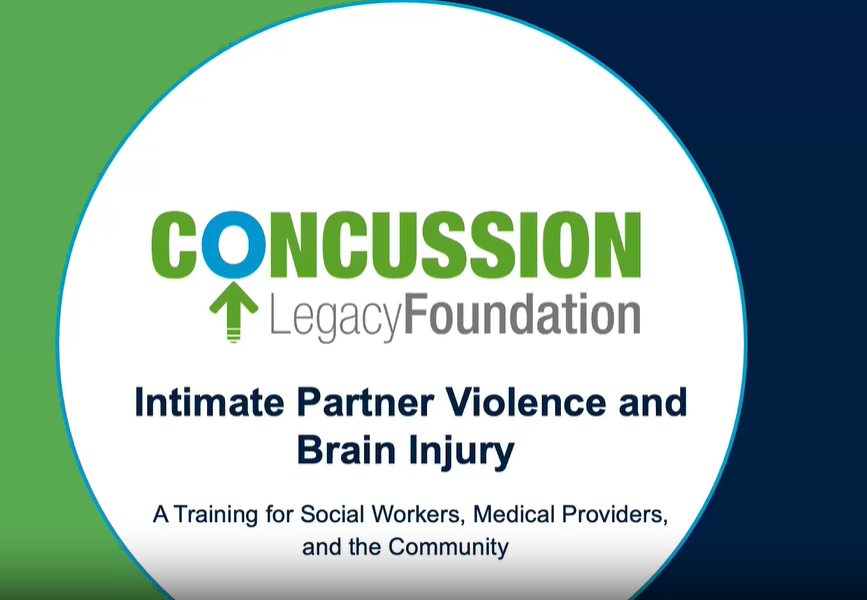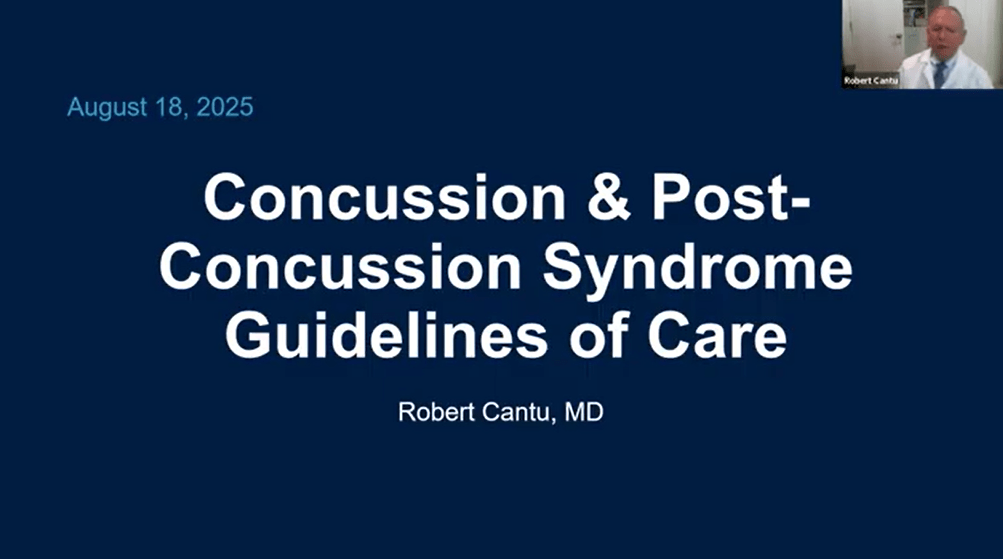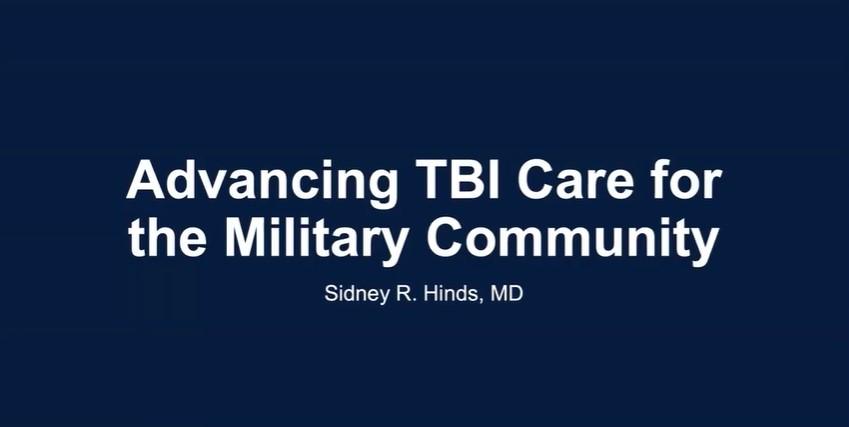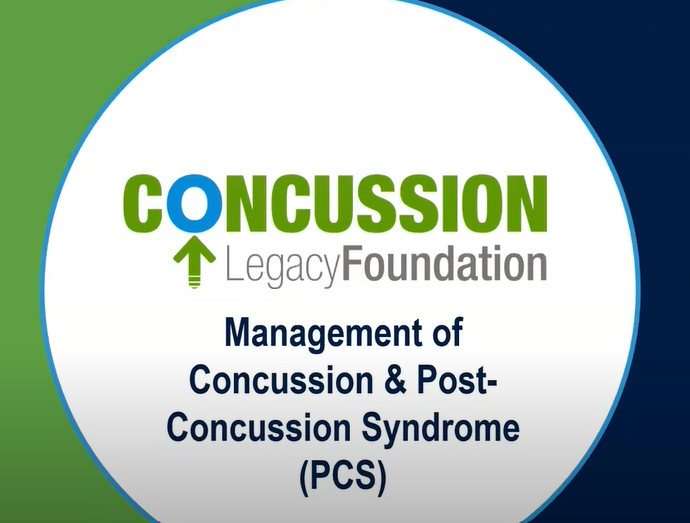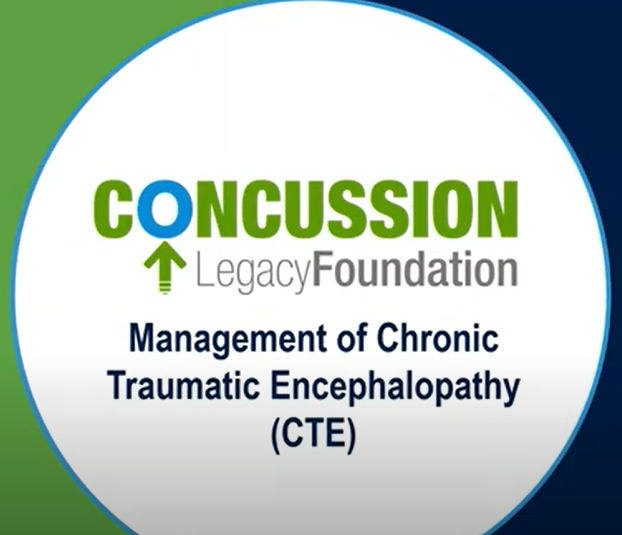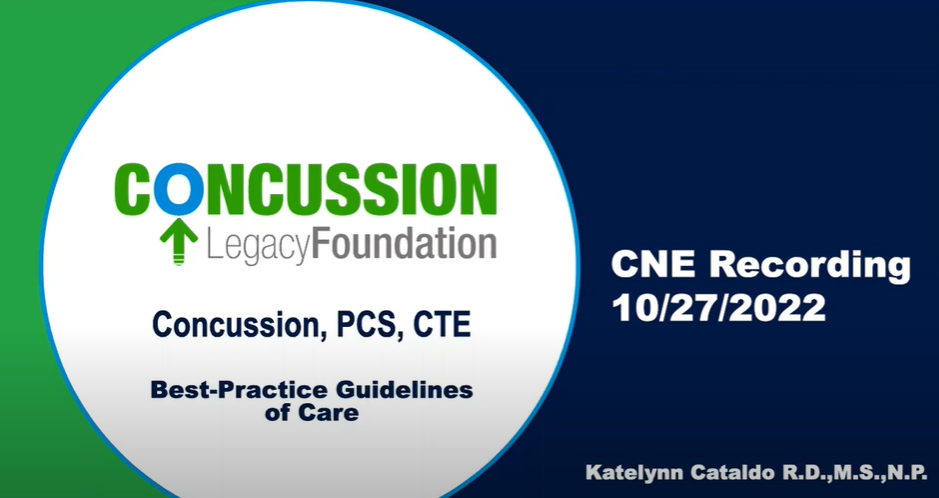The latest research and best-practice guidelines
Thanks to a generous sponsorship from the M.J. Murdock Charitable Trust and The Alaska Mental Health Trust Authority, the Concussion Legacy Foundation offers free continuing education (CE) and continuing medical education (CME) content.
Through ACCME Joint Providership collaboration with Boston University Chobanian & Avedisian School of Medicine, licensed medical professionals can receive AMA, APA, APCE, and ANCC continuing education credits (subject to availability). Participation certificates are available for all continuing education event attendees.
These educational courses provide clinicians across multiple disciplines with the latest research and best-practice guidelines to improve care for concussions, persistent post-concussion symptoms (PPCS), and suspected Chronic Traumatic Encephalopathy (CTE).

